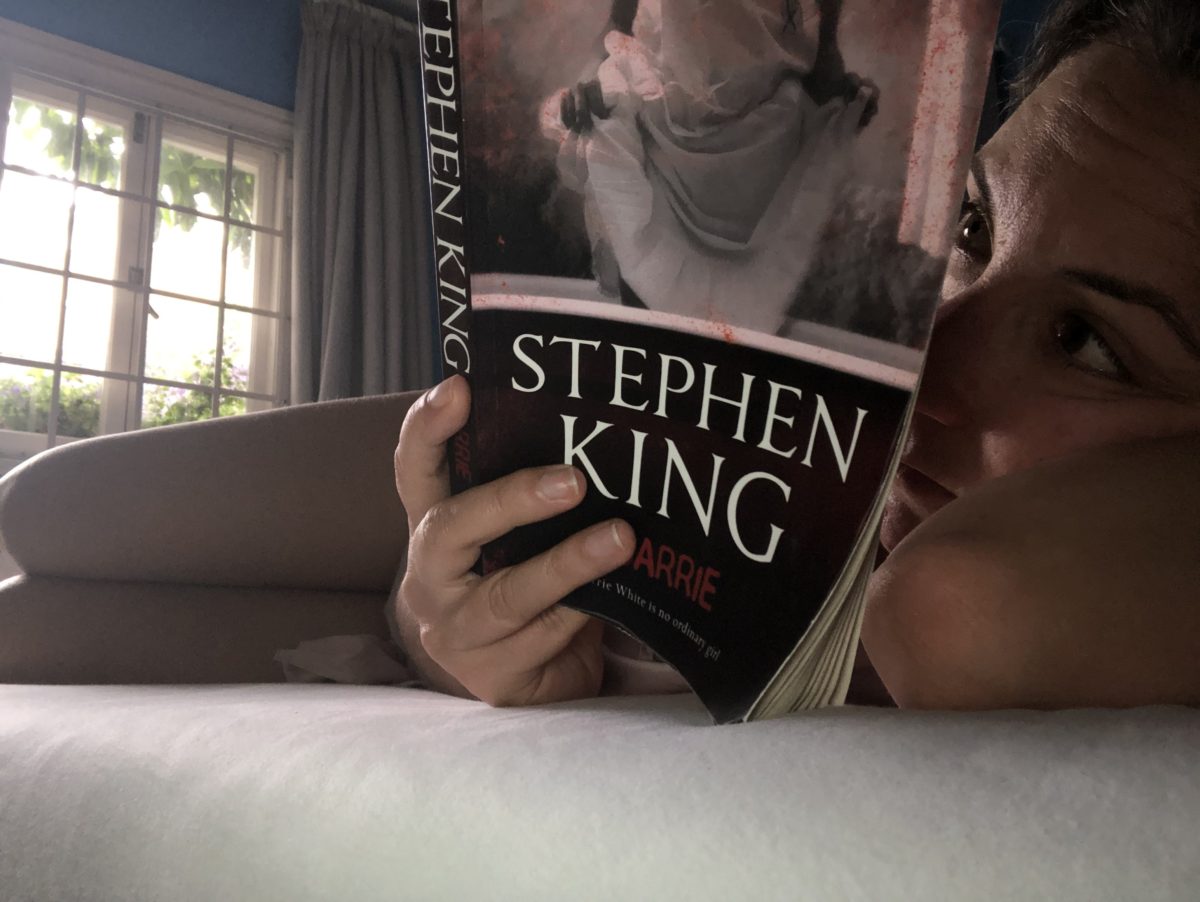This is a book about loneliness. It titillates us with the idea that it is about an extraordinary scandal, but really it is about ordinary loneliness.
The narrator is one Barbara, an unmarried woman who has been teaching for decades. She recounts the story of her friend and colleague, 41 year old Sheba, who gets into a relationship with a 15 year student. This story is ‘not about me,’ Barbara says, but of course it is. Every story is about its teller.
It opens in the aftermath of the relationship becoming public in the papers. I found this an interesting description of the press:
. .. I could never have predicted the hysterical prurience of the response. The titillated fury. These reporters write about Sheba as if they were seven-year-olds confronting the fact of their parents’ sexuality for the first time.
This made me laugh. I have always thought it incredibly creepy how interested British people are in talking about child abuse, all the while acting like they are so shocked about it. But anyway this is not the main point of the story. The narrator is. She is hilarious and insightful. Here she is on Sheba’s breasts:
She had a dancer’s bosom. Two firm little patties riding the raft of her ribs. Bill’s eyes widened. Antonia’s narrowed.
And on an awkward colleague
Even his most minor conversational sallies have an agonized, over-meditated quality . . . . Talking to him is rather like attempting to converse with a school play.
She is also so lonely it has poisoned her. Let me just quote at self-indulgent length:
‘Purpose – that’s closer to it,’ Sheba said. ‘Children do give you a purpose. In the sense of keeping you busy, in the sense of something to get out of bed and do every morning. But that’s not the same as meaning.’
I laughed rather bitterly, I’m afraid. What I thought was: That is the sort of fine distinction that a married woman with children can afford to make.
But she was right. Being alone is not the most awful thing in the world . . . You visit your museums and cultivate your interests and remind yourself how lucky you are not to be one of those spindly Sudanese children with flies beading their mouths. You make out To Do lists – reorganize linen cupboard, learn two sonnets. You dole out little treats to yourself – slices of ice cream cake, concerts at Wigmore Hall. And then, every once in a while, you wake up and gaze out of the window at another bloody daybreak, and think, I cannot do this any more. I cannot pull myself together again and spend the next fifteen hours of wakefulness fending off the fact of my own misery.
She becomes obsessed with Sheba, and is the architect of her downfall, ensuring that she is eventually totally dependent on her. Here she is talking about others:
There are certain people in whom you can detect the seeds of madness – seeds that have remained dormant only because the people in question have lived relatively comfortable, middle-class lives. They function perfectly well in the world, but you can imagine, given a nasty parent, or a prolonged bout of unemployment, how their potential for craziness might have been realized . . .
She is of course also talking about herself. I am not sure what I found so compelling about book. I think it is because of the lockdown. I am feeling much closer to craziness myself.




